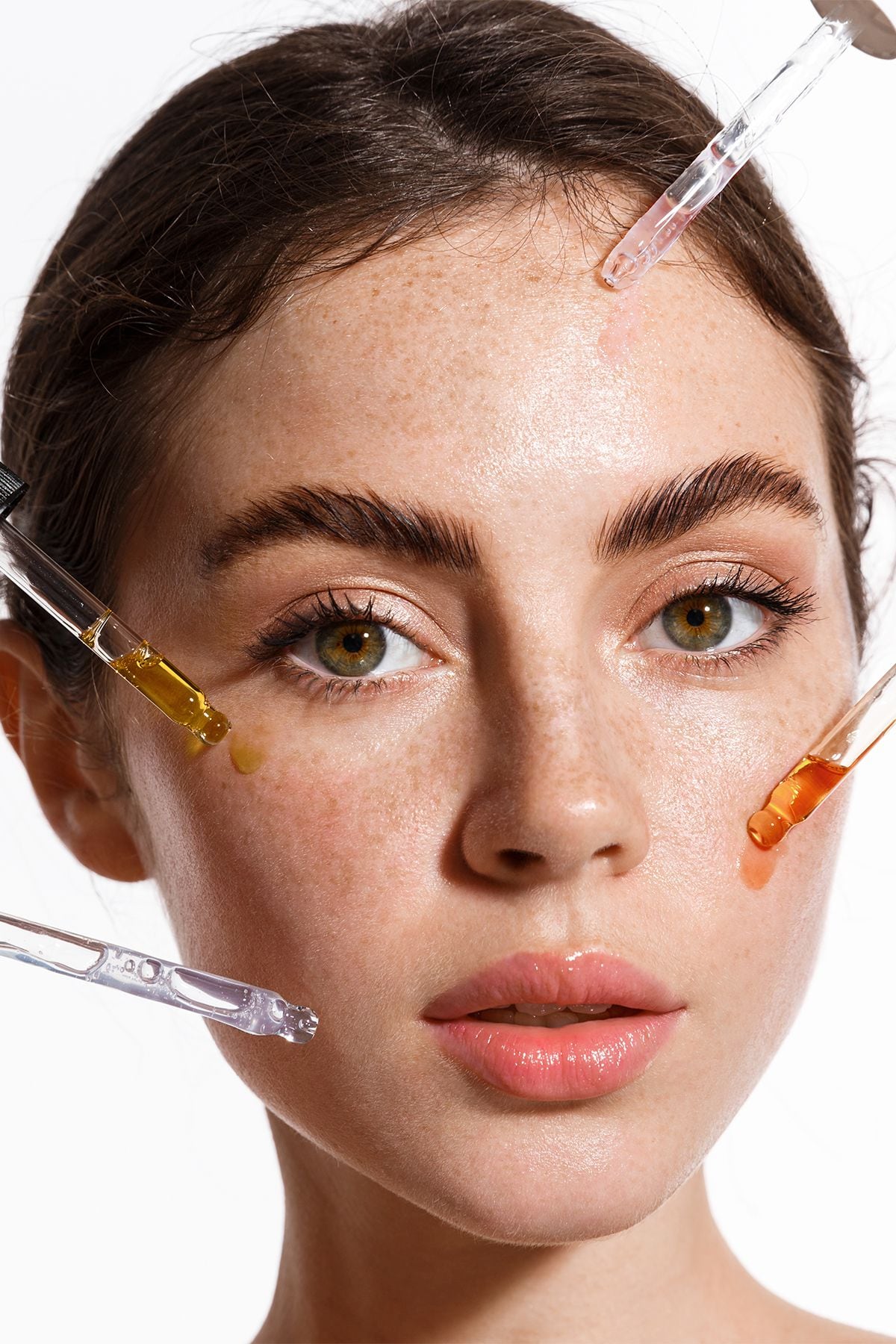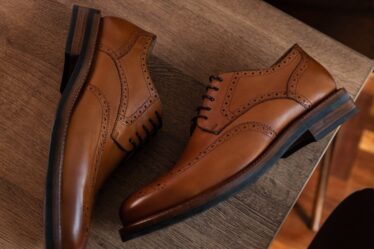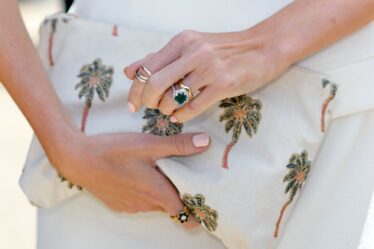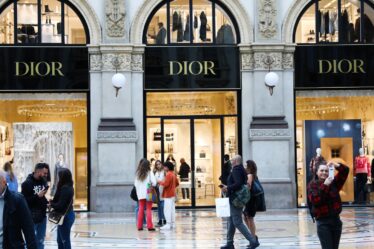
As every generation approaches 30, there’s an inevitable thing that happens: people stop talking about that group as if they’re a monolith. The idea that millions of humans who happen to be of a similar age, and also share the same habits and values, starts to break down. Naturally, as people get older, they start to bifurcate. Some get married, some stay single. Some live in cities, some move to the suburbs. Some have children, some don’t.
It happened with Gen-X and millennials. Now, as the oldest Gen-Zers turn 27, we’re seeing it here, too.
There’ve been a number of headlines recently, including here at The Business of Beauty, about Gen-Z’s obsession with ageing and the lengths they’ll go to stave off the inevitable, which includes serums, filler and Botox. Obviously, Gen-Z is concerned about getting older – they’re approaching 30.
Where millennials and Gen-Zers diverge, though, is in the access to information they have about ageing. Structurally, Gen-Z (and Alpha) is more connected and active on platforms like TikTok where they broadcast their feelings, insecurities, fresh injections and bruises. It’s mostly the same instincts, but with different options, brands and the internet.
If you’ve searched TikTok for the “best skin brightener” or purchased a relevant item on TikTok Shop, you’ll inevitably be ambushed by related content – and once you watch one of those videos, you’ll get served even more of what’s keeping your attention. Effectively, something that normally would’ve lived in the recesses of your mind – that maybe you Google searched once or texted a friend about – is then served up to you over and over again. Even if you’re remotely interested in a topic, the TikTok algorithm bombards your feed with that information; it’s finding you versus you finding it.
But unfortunately for Gen Alpha, the little seeds of insecurity – acne, a smile line, a forehead wrinkle – that germinate inside of a young person today are thrust in their face via their “For You” feed (as are the beauty products they need to buy). Now, a 16-year-old boy who is insecure about being scrawny or having an undefined jawline can tap into the “looksmaxxing” community and actually do something about it, which could be both helpful and hurtful depending on who you ask.
Plus, there are the medical, scientific and technological innovations and a mainstreaming of cosmetic procedures and surgery that makes things like Botox or a bleph pretty accessible. A decade ago, when I turned 30, there weren’t dermatologists with millions of followers teaching us about the latest in cosmetic treatments. It wouldn’t have crossed my mind to turn to Instagram or TikTok to get Dr. Shereene Idriss’ take on a new FDA-approved filler or a new type of neurotoxin injection.
In 2015, when I got Botox for the first time, I told my mum I was thinking about the procedure to soft launch the idea. She was aghast. “You are going to look like Nicole Kidman!” she shrieked at the 31-year-old me. I replied: “I got Botox months ago and you didn’t even notice.” Now, there’s a surplus of information online (some legit and some not, like anything), and even my mum is well versed in the most popular cosmetic procedures and types of plastic surgery. Today, she never would have had that reaction.
Recently, we’ve moved on to Gen Alpha. This group is collectively “obsessed” with beauty (especially expensive skin care from Drunk Elephant), according to all of the headlines and articles about products they’re buying and their elaborate routines. Most recently, this group has been allegedly wreaking havoc on Sephora stores and documenting it online.
Except middle schoolers today aren’t much different than when I was in seventh grade and had to stealthily “borrow” my mom’s Estée Lauder concealer. Once, my eighth grade English teacher had “a talk” with my parents because I applied lip gloss in class, which literally was a chocolate ice-cream-scented Bonne Bell Lip Lix that was barely even lip gloss.
Teenagers should definitely not ransack Sephora, but of course they want to go to Sephora. It’s the same as going to the Chanel counter at Macy’s in the nineties for an eyeshadow quad, except there was no Sephora when I was in middle school and beauty shopping wasn’t a self-serve adventure. I didn’t have hundreds of testers to play with; an actual salesperson behind a counter reluctantly had to help me. The current focus on skincare is definitely new – my fear of being “shiny” or “greasy” led to little moisturising and lots of blotting sheets – but the general idea of wanting to do grown up things, like wear makeup and be part of the beauty economy, is not. Really, Sol de Janeiro’s body spray is just 2024′s Bath & Body Works Vanilla Body Splash.



